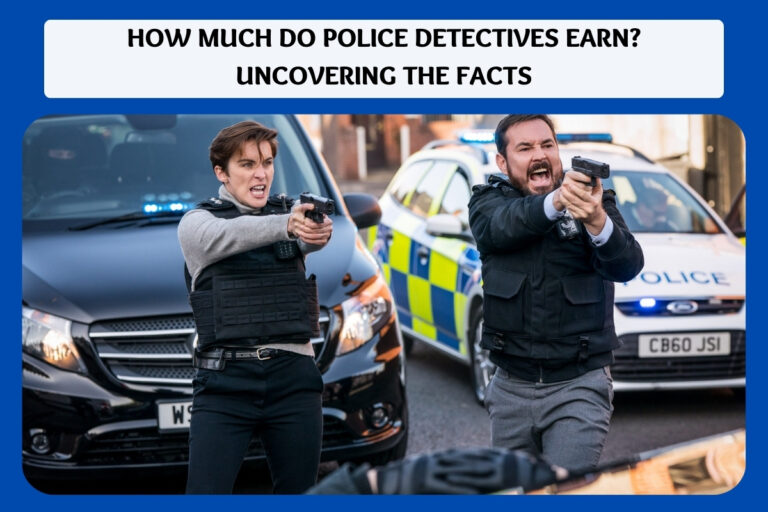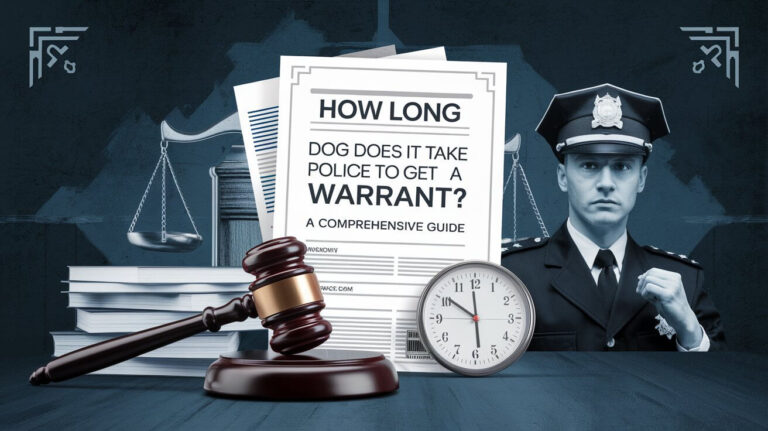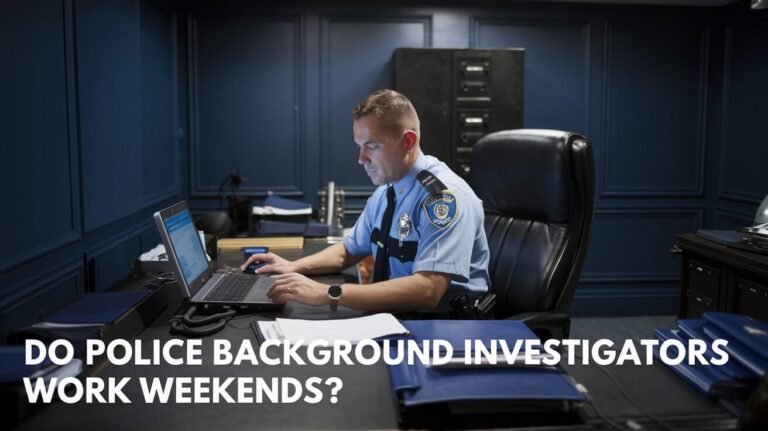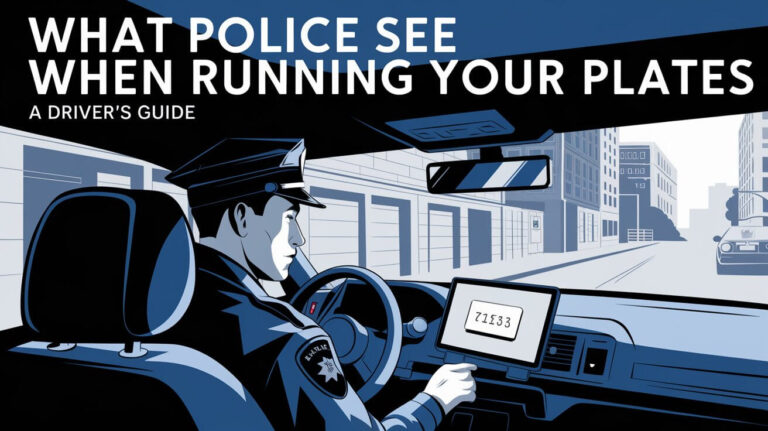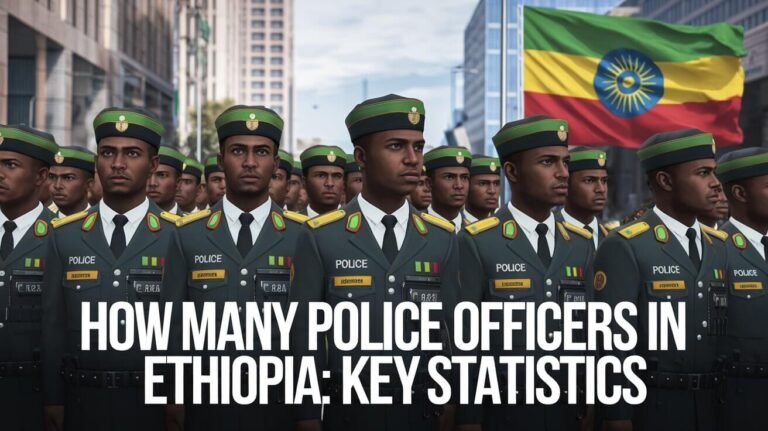Can a Suicide Hotline Call the Police? What You Need to Know
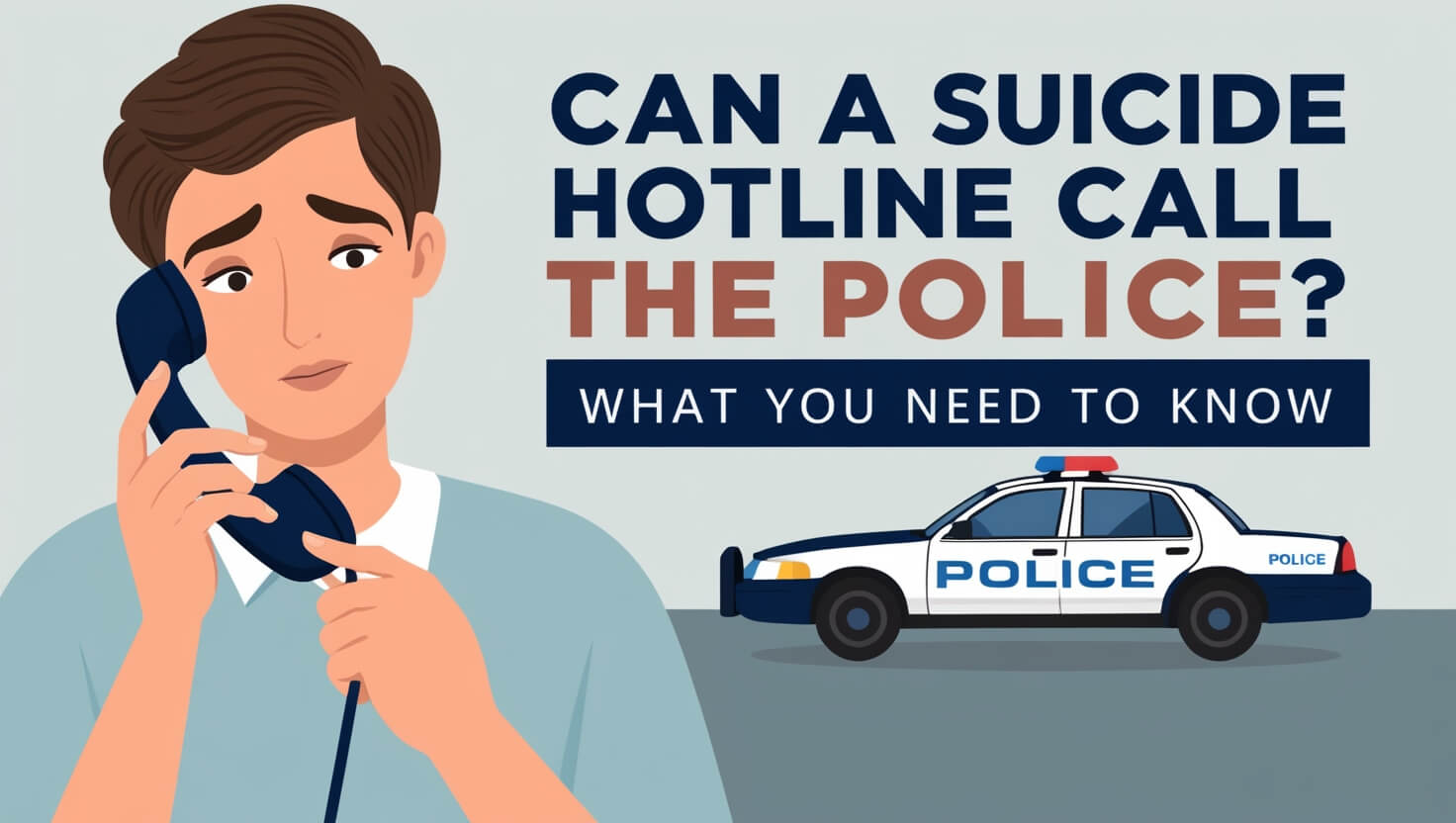
Suicide hotlines can call the police, but it doesn’t happen often. This write-up explains when and why police might get involved, how common it is, and what to expect when you call for help. Many people worry about calling hotlines because they fear cops or being forced into a hospital.
We’ll cover how hotlines really work, address worries people have, and discuss other options. We’ll also touch on debates about how to handle mental health crises.
The Purpose of Suicide Hotlines
Suicide hotlines aim to provide immediate support to those experiencing suicidal thoughts or severe emotional distress. They offer a confidential space for people to talk through their feelings and find hope in dark moments.
How Suicide Hotlines Operate
When you call a suicide hotline, you’re connected with a trained counselor. These counselors use active listening skills to understand your situation and help you explore coping strategies.
Most calls focus on:
- Identifying reasons for living
- Creating safety plans
- Connecting callers with local resources
- Providing emotional support
Training of Hotline Counselors
Hotline counselors undergo extensive training in crisis intervention. They learn to:
- Assess suicide risk
- De-escalate intense emotions
- Provide empathetic support
- Connect callers with appropriate resources
While training varies by organization, many counselors have backgrounds in mental health or social work.
When Might a Suicide Hotline Contact Emergency Services?
The decision to involve emergency services is never taken lightly. Hotlines aim to keep callers safe while respecting their autonomy.
Imminent Risk Assessment
Counselors assess the level of risk throughout the call. They may ask about:
- Suicidal thoughts and plans
- Access to lethal means
- Previous suicide attempts
- Current mental state
If a caller is at immediate risk of harming themselves or others, the counselor may need to take action.
Collaborative Safety Planning
In most cases, counselors work with callers to develop a safety plan. This might include:
- Removing access to lethal means
- Identifying support people to contact
- Planning coping strategies for intense emotions
- Scheduling follow-up care
Emergency services are typically a last resort when other options have been exhausted.
The Frequency of Police Involvement in Suicide Hotline Calls
Contrary to popular belief, police involvement in suicide hotline calls is relatively rare.
Statistics on Emergency Dispatches
According to data from the National Suicide Prevention Lifeline:
- Less than 3% of calls result in emergency services being dispatched
- Of those, many involve mobile crisis teams rather than police
This means the vast majority of calls are resolved through conversation and collaborative planning.
Factors Influencing Emergency Service Involvement
Several factors can increase the likelihood of emergency services being called:
- Immediate danger to self or others
- Inability to create a safety plan
- Ongoing suicide attempt in progress
- Caller requests emergency assistance
Even in these cases, hotlines often explore alternatives before involving law enforcement.
Privacy and Confidentiality in Suicide Hotline Calls
Privacy is a top priority for suicide hotlines. They understand the importance of creating a safe space for vulnerable conversations.
Legal Obligations of Hotline Counselors
Hotline counselors are typically bound by confidentiality laws. They can’t share information about your call without your permission, except in specific circumstances.
Limits to Confidentiality
There are some situations where counselors may need to break confidentiality:
- Imminent risk of suicide or homicide
- Ongoing child abuse or elder abuse
- Court order or subpoena
Counselors should explain these limits at the beginning of the call.
The Debate Around Police Involvement in Mental Health Crises
The role of law enforcement in mental health emergencies is a topic of ongoing debate.
Concerns About Law Enforcement Response
Critics argue that police aren’t adequately trained to handle mental health crises. Concerns include:
- Risk of escalation
- Traumatic experiences for those in crisis
- Disproportionate impact on marginalized communities
High-profile incidents have fueled calls for alternative approaches to crisis response.
Alternatives to Police Intervention
Many communities are exploring new models of crisis response:
- Mobile crisis teams staffed by mental health professionals
- Co-responder programs pairing police with social workers
- Peer support initiatives led by those with lived experience
These approaches aim to provide more appropriate, trauma-informed care during mental health emergencies.
The Impact of Involuntary Hospitalization
The possibility of involuntary hospitalization is a major concern for many considering calling a suicide hotline.
Short-term and Long-term Effects
Involuntary hospitalization can have both positive and negative impacts:
Potential benefits:
- Immediate safety
- Access to intensive treatment
- Medication management
Potential drawbacks:
- Trauma from the experience
- Financial burden
- Stigma and social consequences
Criticisms of Involuntary Treatment
Some mental health advocates argue that forced treatment can be counterproductive:
- May deter people from seeking help in the future
- Can damage trust in the mental health system
- May not address underlying issues
The United Nations has even called for a ban on involuntary psychiatric treatment, viewing it as a human rights issue.
Navigating the Decision to Call a Suicide Hotline
If you’re considering calling a suicide hotline, it’s normal to have concerns. Here’s how to approach the decision:
Understanding Your Rights as a Caller
Remember, you have rights when calling a hotline:
- The right to confidentiality (with limits)
- The right to end the call at any time
- The right to refuse to answer questions
- The right to ask about hotline policies
Knowledge is power. Understanding your rights can help you feel more in control of the interaction.
Questions to Ask Hotline Counselors
Don’t hesitate to ask questions about the hotline’s policies:
- “What are your confidentiality policies?”
- “In what situations would you involve emergency services?”
- “Can I talk anonymously?”
- “What alternatives do you offer to hospitalization?”
Clear communication can help ensure you get the support you need on your terms.
Alternatives to Traditional Suicide Hotlines
If you’re not comfortable with traditional hotlines, other options exist.
Warm Lines and Peer Support Options
Warm lines offer non-crisis support from peers with lived experience. They focus on:
- Emotional support
- Coping strategies
- Preventing escalation to crisis
These services often have strict non-intervention policies, meaning they won’t call emergency services without your consent.
Text-based and Online Chat Services
For those who prefer not to talk on the phone, text and chat options provide:
- Greater anonymity
- Easier access for those with social anxiety
- The ability to reach out discreetly in public settings
Many of these services have similar confidentiality policies to phone hotlines.
The Future of Crisis Response: Mobile Crisis Teams
Mobile crisis teams represent a growing alternative to police intervention in mental health emergencies.
How Mobile Crisis Teams Work
These teams typically consist of mental health professionals and sometimes peer support specialists. They:
- Respond directly to crisis locations
- Provide on-scene assessment and de-escalation
- Connect individuals with ongoing support services
The goal is to resolve crises in the community whenever possible, avoiding unnecessary hospitalizations or arrests.
Availability and Implementation Challenges
While promising, mobile crisis teams face challenges:
- Limited availability, especially in rural areas
- Funding constraints
- Coordination with existing emergency services
Despite these hurdles, many communities are working to expand access to these teams.
International Perspectives on Suicide Prevention and Crisis Response
Approaches to suicide prevention and crisis response vary widely around the world.
Comparing Approaches Across Countries
Some notable international approaches include:
- The UK’s focus on reducing access to lethal means
- Japan’s emphasis on social connection and community support
- Australia’s integration of online and text-based crisis services
Studying these diverse strategies can inform improvements in crisis response globally.
UN Stance on Involuntary Treatment
The United Nations has taken a strong stance against involuntary psychiatric treatment. They argue it violates human rights and can cause long-lasting harm.
This perspective is influencing policy discussions in many countries, pushing for more consent-based approaches to mental health care.
Tips for Safely Using Suicide Hotline Services
If you decide to reach out to a suicide hotline, these tips can help you have a positive experience:
Preparing for a Call
Before dialing:
- Find a quiet, private space
- Have a pen and paper ready for notes
- Think about what you want to share
- Prepare any questions you have about the process
Taking these steps can help you feel more in control during the call.
What to Expect During the Conversation
During the call:
- The counselor will listen without judgment
- They may ask about your thoughts, feelings, and situation
- You’ll work together to explore coping strategies
- The focus will be on keeping you safe in the moment
Remember, you’re in charge of the conversation. Share only what you’re comfortable with.
Conclusion
Can a suicide hotline call the police? Yes, but it’s a rare occurrence, happening in less than 3% of calls. Most interactions focus on providing support, developing safety plans, and connecting callers with resources.
Understanding how hotlines operate can help you make informed decisions about reaching out for help. Remember, there are multiple options available, from traditional hotlines to peer support services and mobile crisis teams.
If you’re struggling, don’t hesitate to seek support. While concerns about police involvement or involuntary treatment are valid, the potential benefits of reaching out often outweigh the risks. Your life matters, and help is available.


